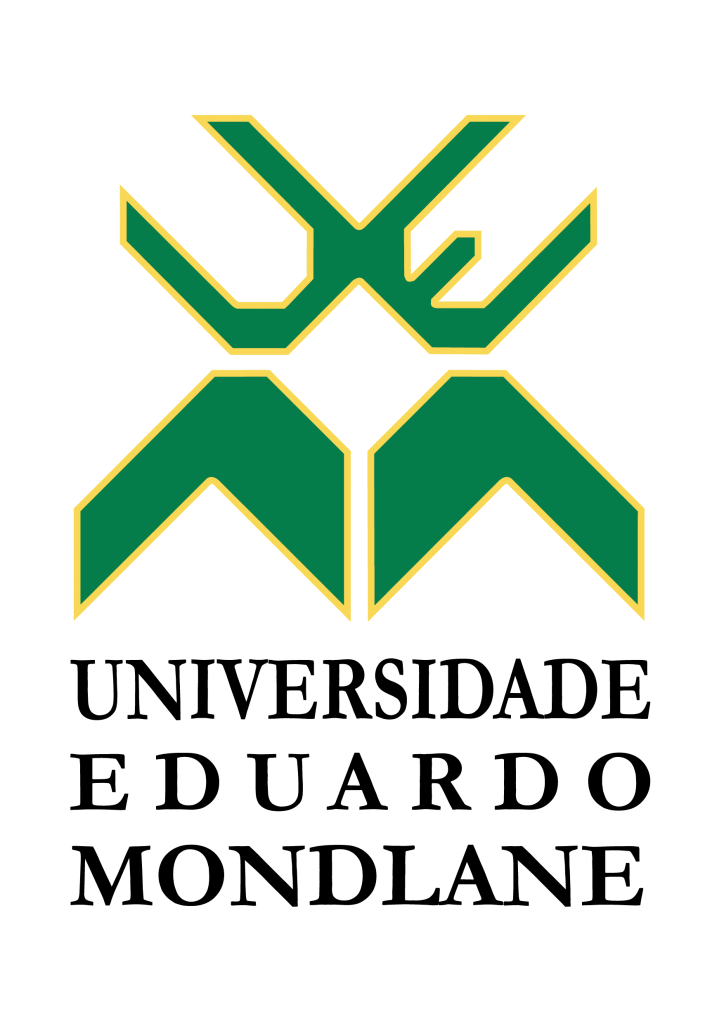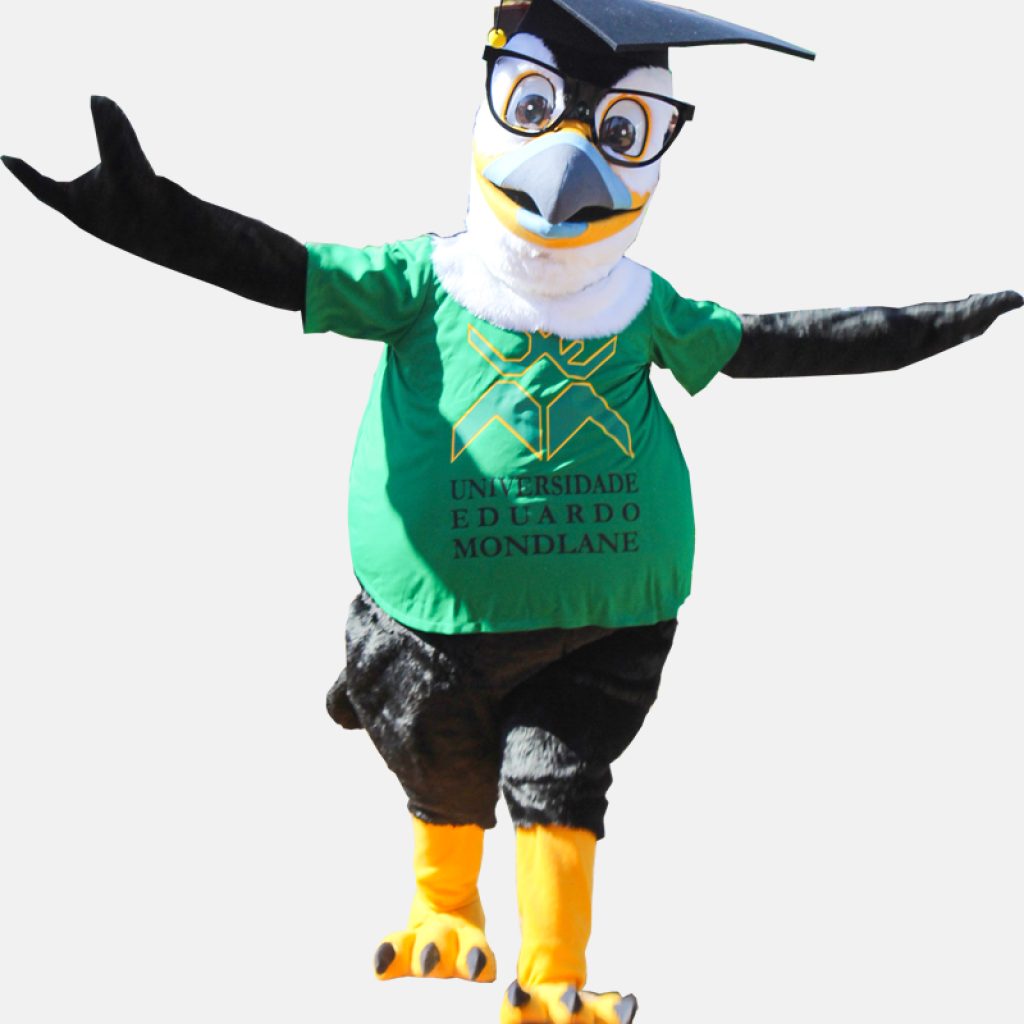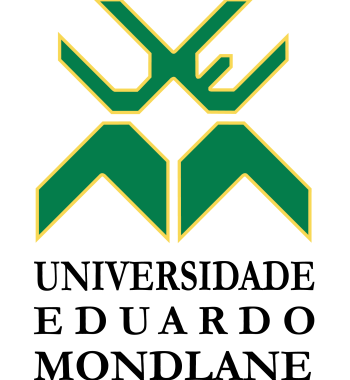
- Home
- About EMU
-
Get to know EMU
Standards and Regulations

-
- Teaching
-
Courses
Financing
International Students
Information for Students
-
- Research
-
Research at UEM
Policies and Regulations
Scientific Production
Events
-
- Extension & Innovation
-
Extension & Innovation
Policies & Regulations
Support to Extension And Innovation
-
- Culture & Sport
-
Culture
Sport
-
- Governance and Cooperation
-
Governing Bodies
Cooperation
Communication
-
- Contacts

Research Lines
Eduardo Mondlane University is currently pursuing seven research lines which aim to improve the current situation at UEM, promote interdisciplinarity, foster connections between research and postgraduate programmes, and contribute to social development.
The research activities carried out by UEM, including research projects and postgraduate programmes, as well as the available resources (laboratories and the Scientific Journal), must be geared towards the research lines indicated below. These research lines must be implemented in line with UEM’s other regulatory instruments and strategic documents.
Line 1 - Health
Health research aims to address the specific health challenges faced by the human and animal populations in the country. It encompasses conventional and alternative/complementary medicine, health promotion, socio-cultural factors, and well-being.
Line 2: Natural Resources and Environment
This research line focuses on the characterization, distribution and development of integrated natural resource management systems.
Line 3: Engineering and Technological Innovation
This line focuses on subjects related to technological innovations in industrial processes, including energy sources, layout, transport systems, automation, materials handling and information and communication technologies.
Line 4. Agricultural, Animal and Forestry Production
The primary objective of this research line is the enhancement of agricultural and animal production systems for small, medium and large producers, encompassing the entire value chain and agricultural market systems for sustained and integrated production
Line 5. Governance, Economy and Human Rights
The focus of this line is the analysis of policies, issues relating to citizens' rights and duties, ethical issues, as well as the promotion of economic sustainability, business competitiveness, entrepreneurship and labor relations.
Line 6: Territory, Population and Development
This research line deals with the components of demographic dynamics, population distribution and redistribution, forms of occupation of space, as well as socio-economic, political and nature relations, climate-compatible development, and integrative sustainable development in the national and regional context.
Line 7. Culture, Society and Education
The present research line is oriented towards the acquisition of knowledge concerning society, the practices of everyday life, communication and education. The programme places emphasis on behavioural and linguistic studies, spaces of cultural interaction, and the dynamics of identities.